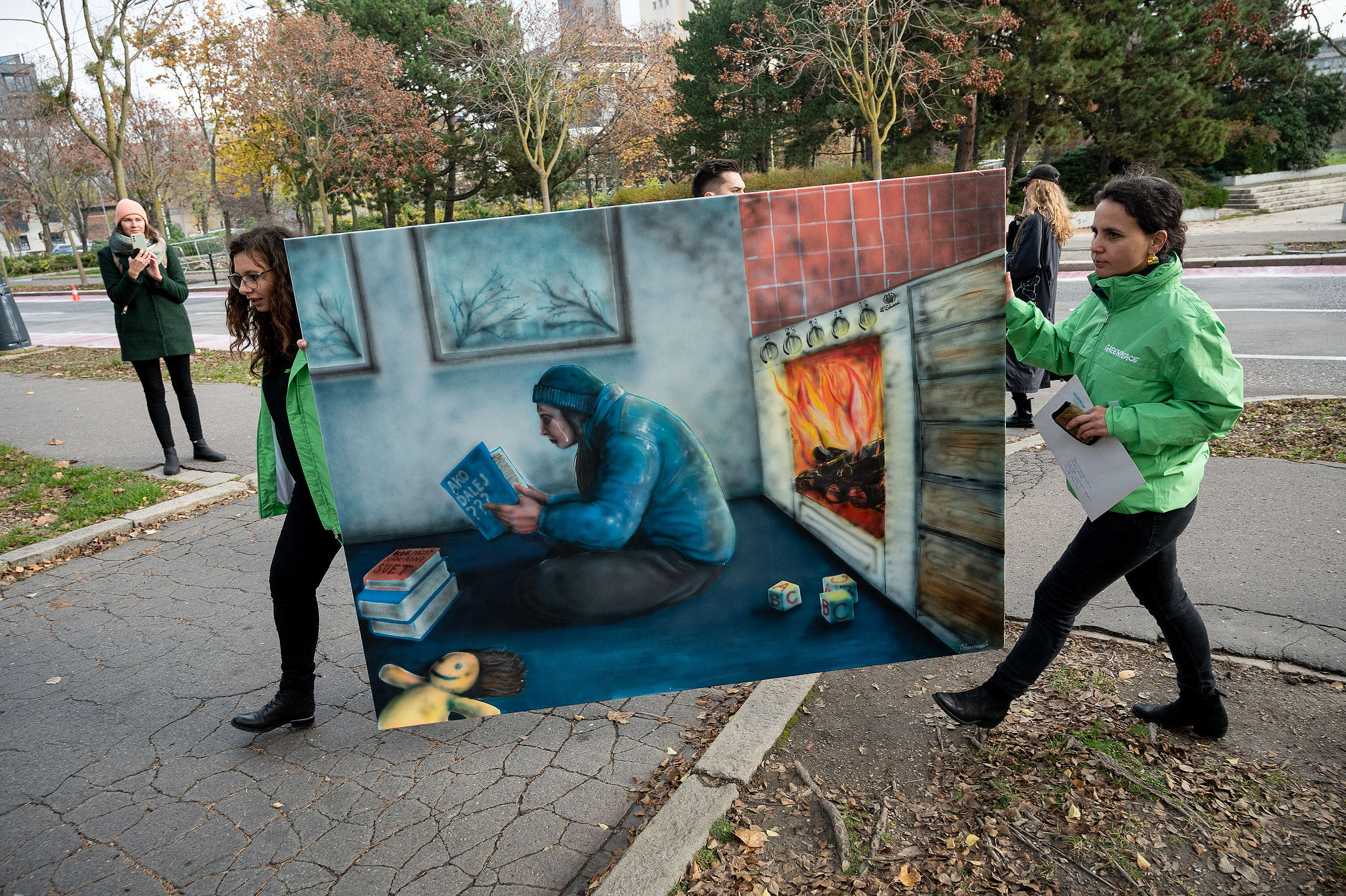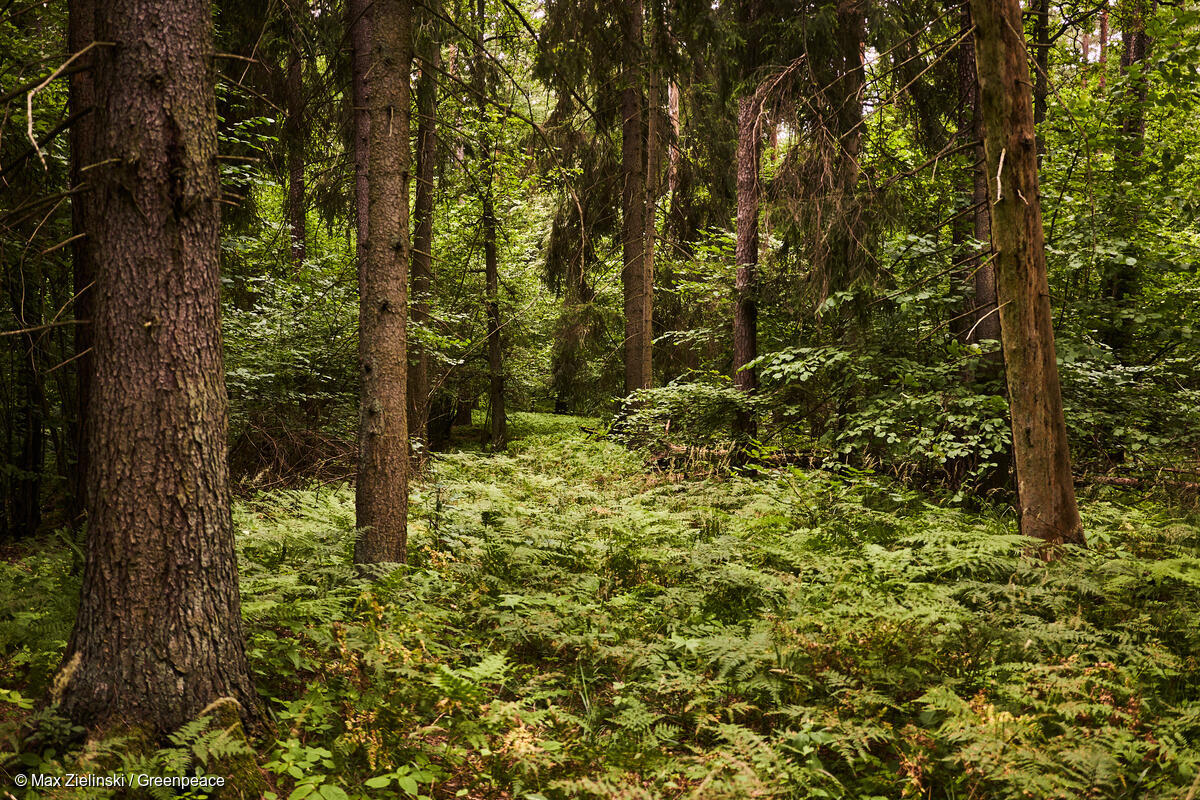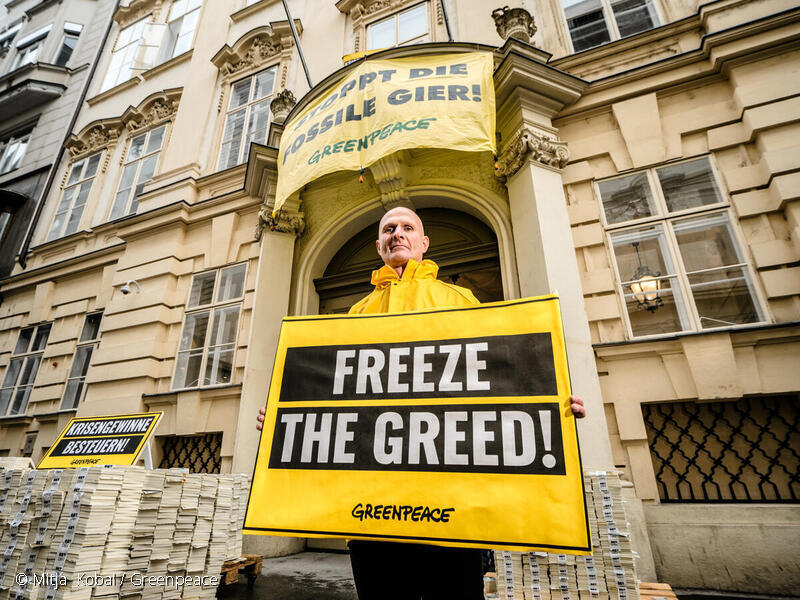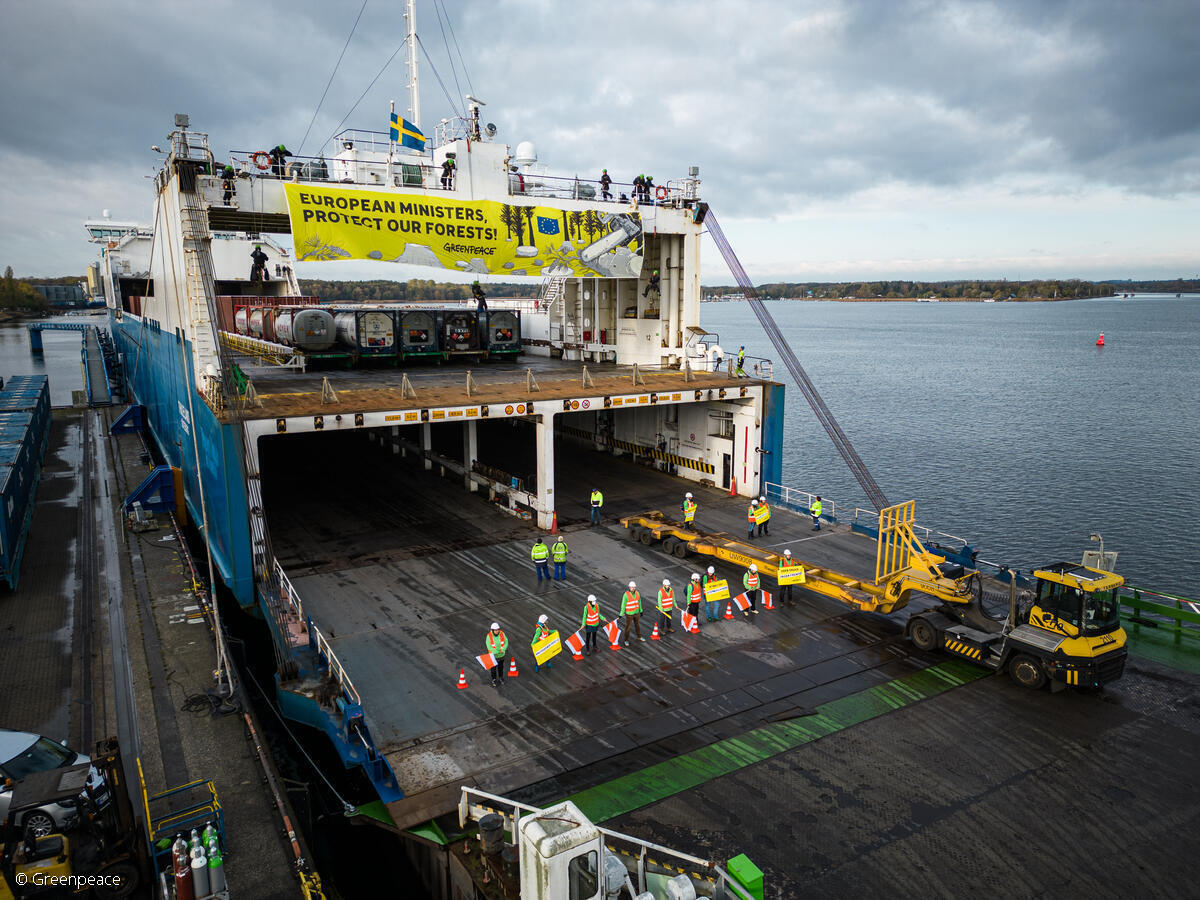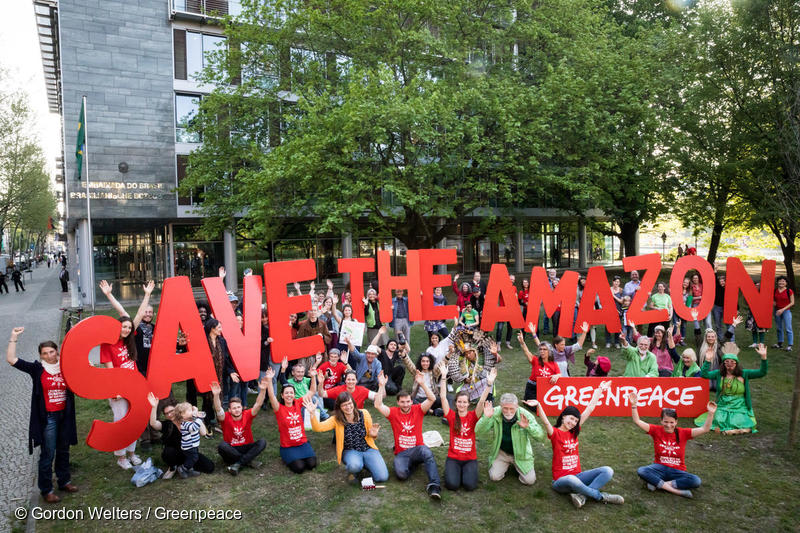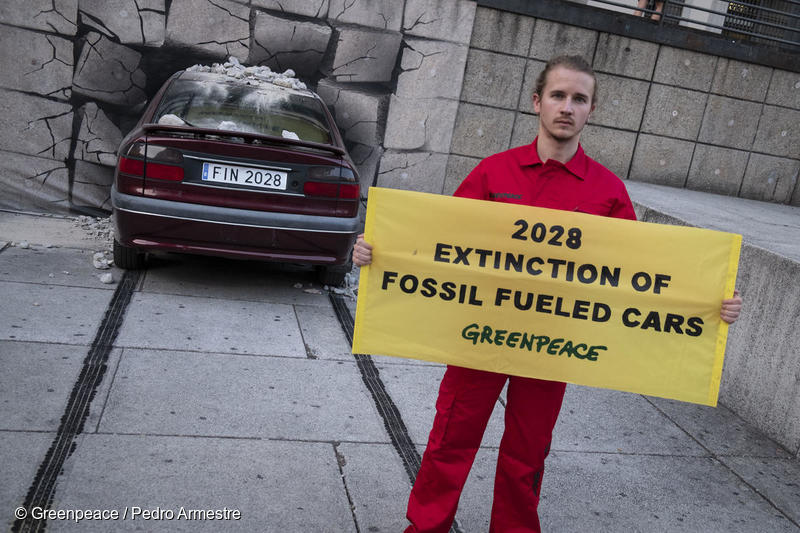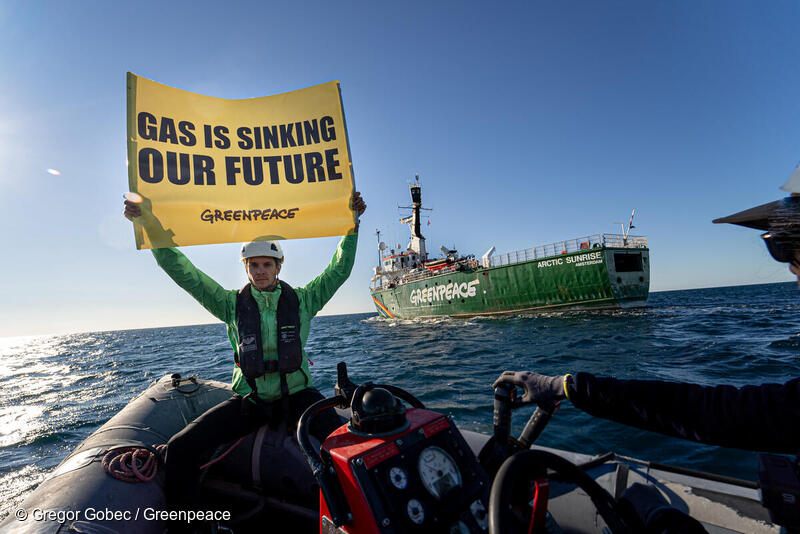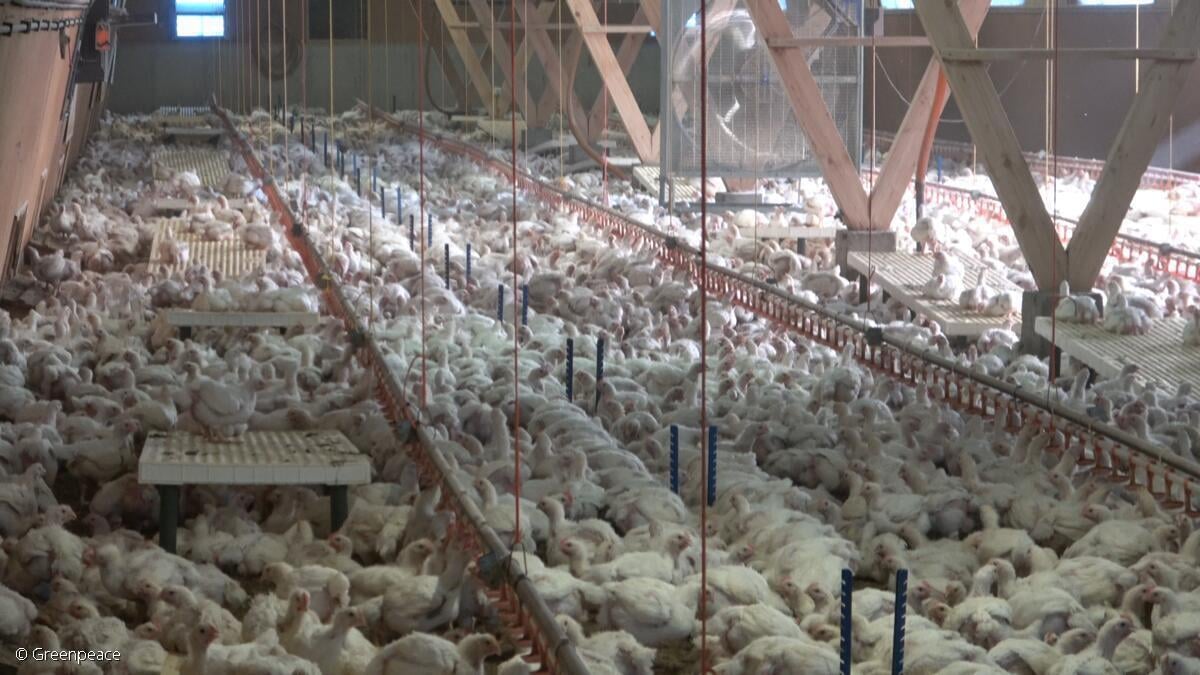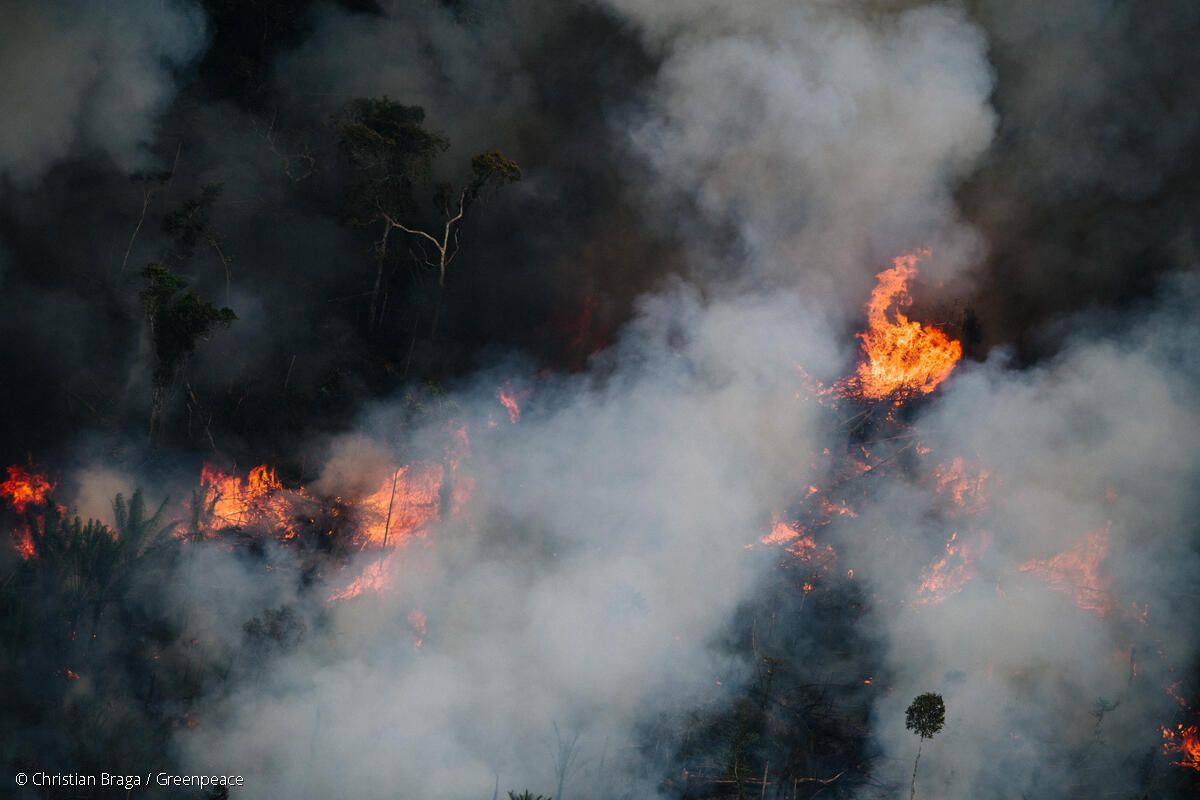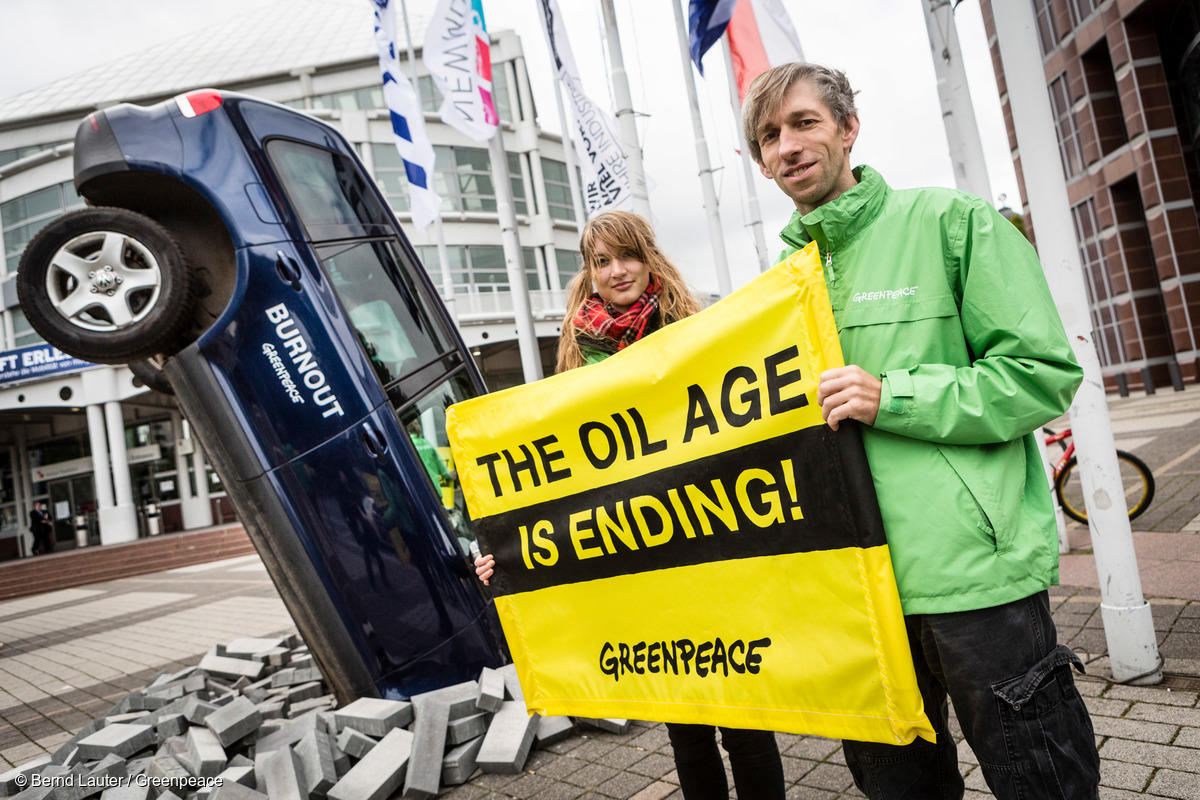Filtered results
-
Despite record profits, fossil fuel companies will let people freeze this winter
Fossil fuel companies are making record profits while millions of Europeans face energy poverty this winter. This has to stop
-
Return to strict EU fiscal rules threatens energy security and green transition
A European Commission plan to reestablish strict fiscal rules for EU countries would hamper measures to lift people out of energy poverty and ensure energy security with a renewable energy transition.
-
Activists confront pulp and paper ship in protest against EU forest destruction
Activists from across Europe are confronting a pulp and paper container ship in the port of Lübeck and calling for the protection of Europe’s last-remaining forests. The protest takes place as representatives of EU governments and the European Parliament are in the final stages of negotiations on a new EU law against deforestation.
-
What Lula’s victory in Brazil should mean for the EU-Mercosur trade deal
Now is the time to let the Amazon heal. But without a major overhaul, the EU-Mercosur trade deal would do the exact opposite.
-
EU takes the scenic route to petrol and diesel car phase-out
Negotiators for the EU Commission, EU Parliament and national governments reached an agreement on Thursday evening to phase out sales of new cars with internal combustion engines in the EU by 2035, a deadline which Greenpeace says falls well short of the EU’s climate commitments and will cost drivers hundreds of billions in fuel in…
-
Leak: Germany pushing EU to develop new gas fields in response to energy crisis
Germany wants the EU to push countries to develop new gas fields in response to the energy price crisis.
-
Polluting farms’ industrial emissions must be regulated
Livestock farms are major sources of air pollution, water pollution and soil pollution.
-
EU negotiators must protect forests and human rights
Greenpeace and over 140 other environmental, social justice, Indigenous rights and human rights organisations have written to the European Commission, European environment and agriculture ministers and Members of the European Parliament involved in negotiations on a new EU law to protect forests.
-
Transport reforms could cut €63 billion off bills in Europe
Reforms in the transport sector could cut the EU’s oil use for vehicles by 13%, and save people in Europe €63 billion on their bills per year, according…

